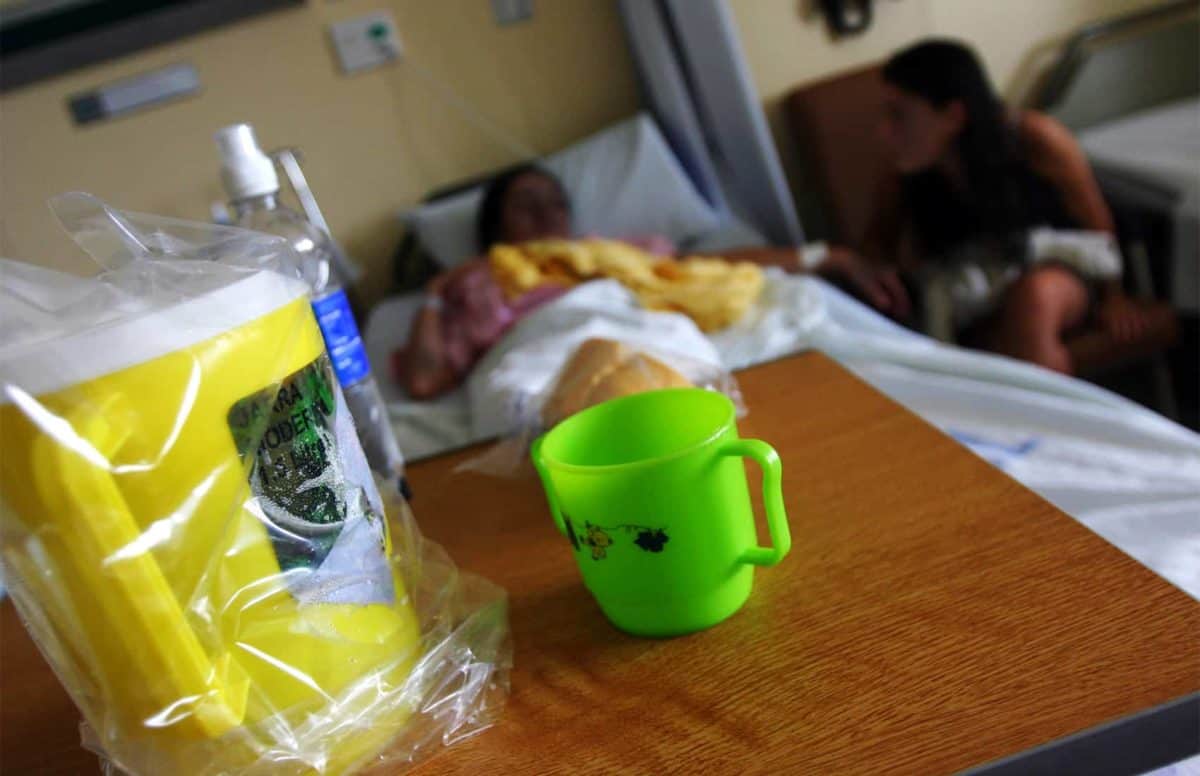The National Children’s Hospital alerted the population about the increase in hospitalizations due to respiratory viruses. According to the general director of the medical center, Dr. Olga Arguedas Arguedas, about 350 children per day are being consulted for this condition.
“The Intensive Care Unit is full; of the 27 beds, 16 are occupied by children with severe respiratory infections, five of which are due to covid,” said Dr. Arguedas.
Given the situation, the pediatric hospital activated a contingency plan to set up critical care beds in areas outside the Intensive Care Unit (ICU), the Emergency Room, and the hospitalization rooms of the Department of Medicine.
“This also implies suspending complex elective surgeries, heart, spine, nervous system surgeries, among others, which require admission to the ICU, to receive children with severe respiratory problems,” the director explained.
Likewise, Dr. María Luisa Ávila Agüero, head of the Infectious Diseases Department of this hospital, explained that several respiratory viruses are currently circulating, affecting newborns to 12-year-old children.
“In some cases, these viruses attack the lungs, and the patient has to be hospitalized because they require assisted mechanical ventilation. Parents should be attentive,” she added.
During the rainy season, respiratory infections peak in children under five. Specialists explained that one of the viruses affecting children the most is the rhinovirus; one of its main characteristics is that it generates a lot of nasal congestion and mucus.
“In 2020 and 2021 at the National Children’s Hospital, we did not encounter this situation because preventive measures were implemented due to covid-19, and they had a positive effect in breaking the transmission of these other respiratory infections,” said the specialist.
Authorities from this medical center call on parents to reinforce preventive measures to prevent their children from getting sick. They propose several measures such as washing hands with soap and water, avoiding contact between children and people with colds, as well as avoiding closed and poorly ventilated spaces, checking that vaccinations are up to date, and avoiding tobacco smoke.






